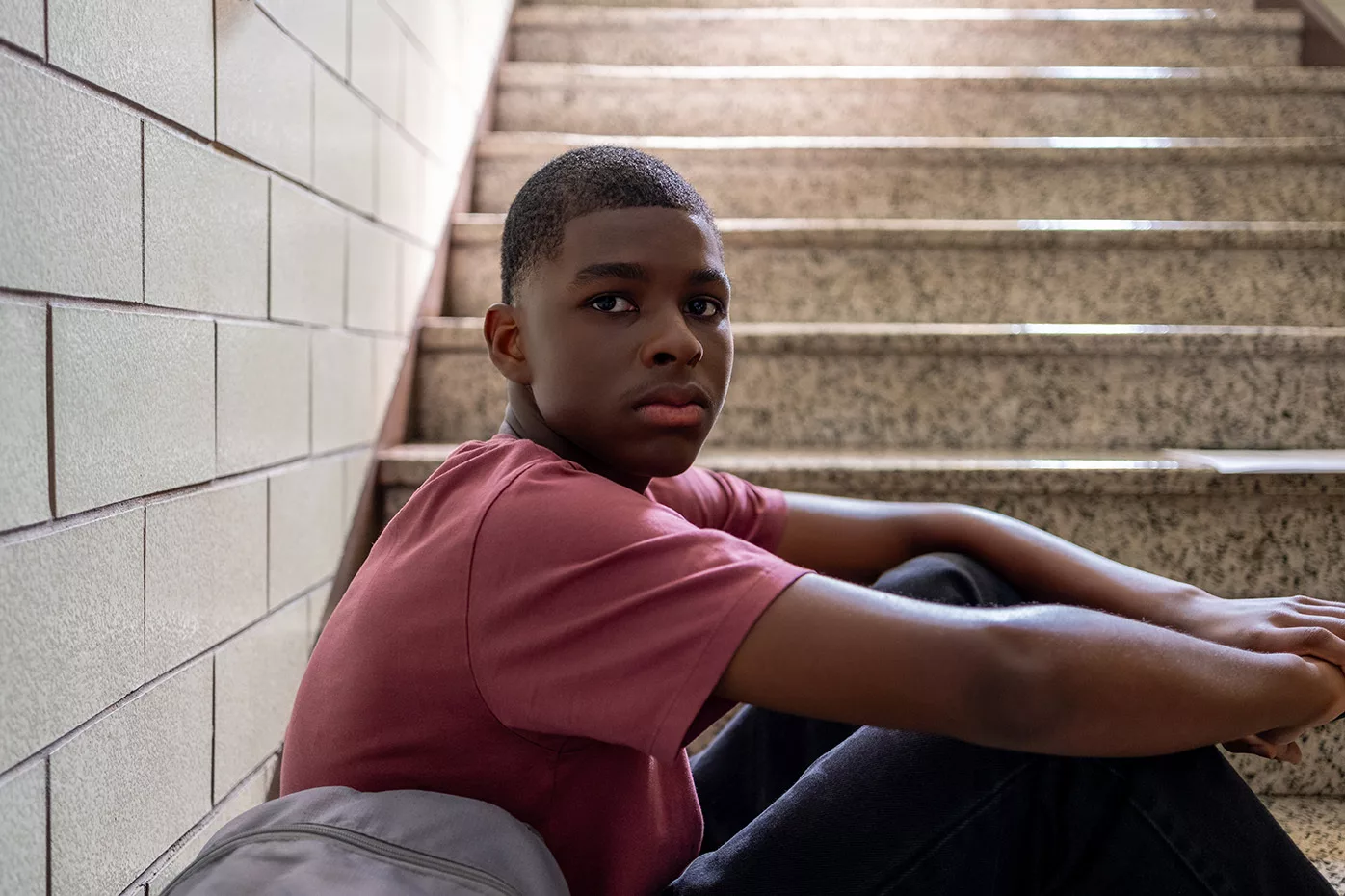

Become a better listener
Listening without judgment takes effort, but it’s worth it.
Be present with your child
When your child talks, really listen to what they are saying. Give them as much time as they need without interrupting unless you have clarifying questions for them.
Active listening means paying close attention to their words and emotions. Use body language that shows you are listening, such as nodding or making eye contact. Put your phone and other distractions away, so they know they have your full attention.

Acknowledge and validate their emotions
Even if you don’t agree with your child’s perspective, you can validate the emotions and feelings your child is experiencing. Dismissing, minimizing, or judging emotions may result in feelings of shame and can cause your child to shut down and/or push down their emotions. The more your child feels heard, the more likely they’ll be to open up.
Here are some examples of validating responses:
- “That must be tough.”
- "That stinks!"
- "Anyone in your shoes would be feeling the same way."
- “I understand why you were upset.”
- “It sounded like a difficult situation, and I can see why you felt that way.”
- “I hear you - and can see how that feels really uncomfortable. I have a slightly different take on what you're describing. Are you interested in hearing it?"
Remember that your role as a parent is to not to prevent or stop your child from feeling discomfort, distress, or negative emotions; instead, you can help them learn how to cope with them. When you make space for what they are going through, you are helping them know how to do the same on their own.

Be intentional about listening versus fixing
When your child is speaking, focus on what they are saying rather than planning your response.
It's tempting to fix any challenges your child might be facing right away. But your child may not need—or want—you to fix things. A lot of the time, they may just want to be heard.
If you think your child might want help, ask kindly and without judgment: "Do you want my help or do you just need to vent?" or “What might be a way to try to fix this situation?”
You don’t have to have all the answers. If you want to follow up, you can take time to think about what you want to say and revisit the conversation later.
We asked kids what they wish they could tell their parents. Hold space to really listen to their stories.
Summarize what you heard
After your child has shared something with you, show them that you are listening by summarizing what you heard. This also helps avoid misunderstandings and confusion.
Take a moment to repeat back, in a sentence or two, what they just told you. Then say, “Is that right?” or “Did I get that right?” This gives them a chance to confirm your summary, or if necessary, to explain further.
